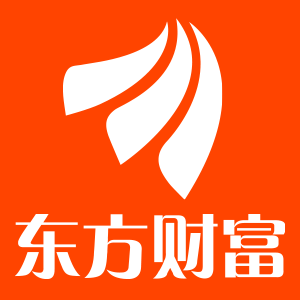China’s auto industry is making waves at the 20th Changchun International Automobile Expo with the introduction of the “New Energy Theme Pavilion”. This pavilion, established for the first time, has attracted a large crowd of visitors who are interested in the latest new energy vehicles showcased by major auto brands. GAC Aian, for instance, unveiled five models, including SUV and sedan vehicles, which gained attention for their cruising range, battery safety, and intelligent systems.
Chinese auto brands are taking steps to innovate and expand their presence in the new energy auto industry. Companies like BYD, Weilai, and Xiaopeng have made significant progress in the development of core components such as batteries, motors, and electronic controls through continuous technology research and development. FAW Hongqi and FAW Jiefang have also announced strategic initiatives to enhance the development and production of new energy products.
Technological advancements and innovation have played a vital role in the growth of China’s new energy automobile industry. As evidence, China recently celebrated the production of its 20 millionth new energy vehicle. The China Association of Automobile Manufacturers reported that the production and sales of new energy vehicles in the country reached 3.788 million and 3.747 million, respectively, from January to June this year, representing significant year-on-year growth. The government’s favorable policies, including tax reductions and promotion of new energy vehicles in rural areas, have further stimulated growth in the sector.
China’s rapid development in the new energy automobile industry has attracted the attention of multinational companies, leading to accelerated deployment in the Chinese market. On July 14, Volkswagen Group and Audi signed agreements with China FAW to strengthen their product lineup and promote the development of electrified models. Audi FAW New Energy Automobile Co., Ltd. plans to commence production of Audi models based on the PPE platform by the end of 2024. This trend indicates that China’s “going out” strategy for new energy vehicles continues to gain momentum, with an expected 120% year-on-year increase in exports of new energy vehicles to nearly 700,000 units in 2022. Furthermore, Chinese brands are penetrating the European market, exporting their core technologies, including vehicle manufacturing, batteries, and charging systems.
The Chinese auto industry is making significant progress in the development of new energy vehicles, backed by innovative technologies and supportive government policies. This progress has not gone unnoticed, with multinational companies taking notice and strengthening their position in the Chinese market. As China continues to assert itself in the global new energy automobile industry, this sector’s growth holds promising opportunities for both domestic and international players.
(Note: This article is sourced from Xinhua News Agency.)
